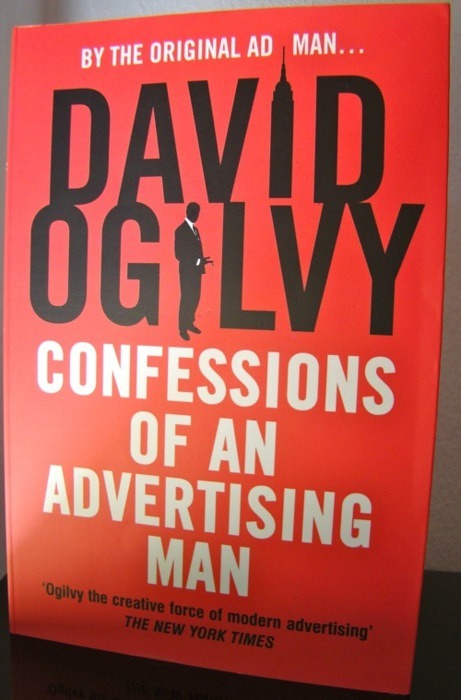Exercise 6-4. Write a program that prints a distinct words in its input sorted into decreasing order of frequency of occurrence. Precede each word by its count.
#include
#include
#include
#define MAXWORDS 1024
#define MAXLENGTH 512
struct word {
char *name;
int count;
};
struct word wordlist[MAXWORDS];
int wordn = 0;
/* prototypes */
char *allocword(char *str);
int isword(char *str);
void addword(char *str);
int wordcmp(const void *a, const void *b);
void printwords();
int main()
{
char inputbuff[MAXLENGTH];
char tmpbuff[MAXLENGTH];
char *tmp;
while(fgets(inputbuff, MAXLENGTH, stdin) != NULL)
{
int i, k;
for(i = 0; inputbuff[i] != '�'; i++)
{
if((inputbuff[i] == ' ' || inputbuff[i] == 't' || inputbuff[i] == 'n') && k != 0)
{
tmp = allocword(tmpbuff);
if(tmp == NULL)
{
printf("Error: Can't allocate enough space.n");
return 1;
}
strlcpy(tmp, tmpbuff, strlen(tmpbuff) + 1);
addword(tmp);
k = 0;
}
else
{
tmpbuff[k++] = inputbuff[i];
tmpbuff[k] = '�';
}
}
}
printwords();
return 0;
}
char *allocword(char *str)
{
return (char *)malloc(sizeof(char) * (strlen(str) + 1));
}
int isword(char *str)
{
int i;
for(i = 0; i < wordn; i++)
{
if(!strncmp(wordlist[i].name, str, strlen(str)))
{
return i;
}
}
return -1;
}
void addword(char *str)
{
int index;
if((index = isword(str)) >= 0)
{
wordlist[index].count += 1;
} else {
wordlist[wordn].name = str;
wordlist[wordn].count = 1;
wordn++;
}
}
int wordcmp(const void *a, const void *b)
{
struct word *fst = (struct word *)a;
struct word *snd = (struct word *)b;
return -(fst->count - snd->count);
}
void printwords()
{
int i;
qsort(wordlist, wordn, sizeof(struct word), wordcmp);
for(i = 0; i < wordn; i++)
{
printf("%3i | %sn", wordlist[i].count, wordlist[i].name);
}
}

